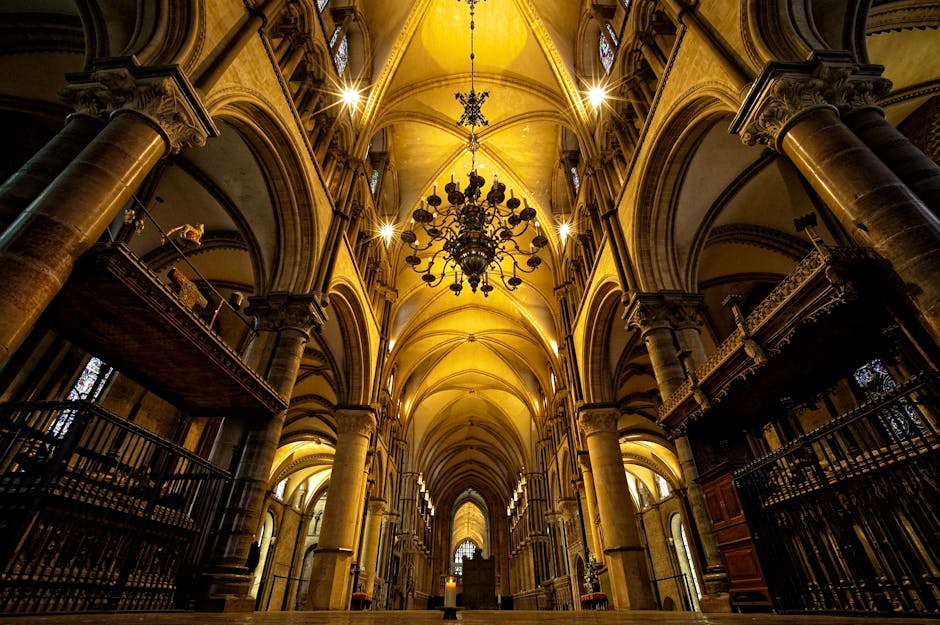The human experience is intrinsically interwoven with a yearning for something beyond the tangible. This innate drive often manifests as a search for meaning, purpose, and connection to something larger than oneself. This quest frequently takes the form of spirituality or organized religion, but defining a truly religious experience requires careful consideration. It’s a complex tapestry woven from individual interpretation, personal beliefs, and the shared values and practices of communities.
Understanding the multifaceted nature of religious experience demands moving beyond simplistic definitions and exploring the nuances within. A true religious experience transcends the superficial adherence to rituals and doctrines, delving into the very essence of what it means to be connected to a higher power, a greater whole, or even to oneself in a profound way.
Different faiths and belief systems offer varying paths toward this profound connection. Some religions emphasize strict adherence to codified laws and practices, believing that these provide a structured framework for understanding the divine. Others prioritize personal reflection, mystical experiences, or service to others as conduits for spiritual growth. Regardless of the specific path, a core aspect of true religiosity involves an internal transformation, a shift in perspective, and an evolving understanding of one’s place in the world.
A key component of a truly religious life lies in the cultivation of ethical conduct. Religions often provide moral codes, guidelines for behavior, and a framework for interacting with others. These frameworks, stemming from a wide range of values such as compassion, justice, and respect, can inspire individuals to act in ways that promote well-being and harmony both within themselves and their communities. However, true religious devotion isn’t merely about fulfilling external requirements; it’s about integrating these ethical principles into the fabric of one’s daily life. This requires continuous self-reflection, a willingness to confront one’s own shortcomings, and a commitment to striving for personal growth and betterment.
Furthermore, the concept of community plays a vital role in the pursuit of true religiosity. Many religions emphasize the importance of fellowship, fostering a sense of belonging and shared purpose. Participating in rituals, attending services, or engaging in shared activities allows individuals to connect with like-minded people, exchanging experiences, gaining support, and ultimately, enriching the individual’s spiritual journey. The sense of community and shared values reinforces the feeling of belonging to something larger than oneself, providing solace and encouragement in times of adversity.
An integral aspect is the exploration of profound questions about life’s purpose. Why are we here? What is the nature of reality? What happens after death? These fundamental questions are often central to religious inquiry. The responses offered by various belief systems, whether through scripture, sacred texts, or philosophical arguments, attempt to provide meaning, structure, and solace in navigating the often-confusing tapestry of life. A truly religious individual actively grapples with these questions, embracing the uncertainties, and finding answers within the context of their personal faith journey.
The notion of devotion is frequently associated with a religious life. While devotion can take diverse forms, from prayer and meditation to acts of service, a genuine devotion is characterized by a deep and enduring commitment. This commitment isn’t merely a superficial adherence to rituals, but a genuine connection to something larger than oneself a passion that permeates every aspect of one’s life. This passion, this internal drive, propels individuals to live according to their values and to engage in acts of compassion and service.
However, it’s crucial to distinguish between religious devotion and dogma. While religious texts and traditions often contain wisdom and guidance, unquestioning acceptance of doctrines without critical examination is a hindrance to true understanding. Engaging in thoughtful reflection and examination of beliefs fosters a deeper understanding of faith, while simultaneously allowing for flexibility and adaptability in the face of evolving circumstances. This critical engagement with faith allows one to deepen their connection with their inner self and the spiritual world, enhancing the meaning and purpose of a religious life.
Finally, the exploration of a truly religious path is a deeply personal journey. There’s no single, universal definition or prescribed way to experience religious meaning. It’s a quest that is shaped by individual experiences, cultural contexts, and the evolving human understanding of the world. The quest itself is perhaps as important as the destination, the journey a continuous process of self-discovery and spiritual growth. A truly religious life is one that fosters a deeper understanding of oneself, the universe, and the profound connections that link us to something beyond our immediate selves. It’s a life characterized by continuous striving, reflective engagement, and a commitment to living ethically and compassionately. Ultimately, the path to a truly religious experience is unique to each individual, a testament to the boundless diversity and profundity of the human spirit.












